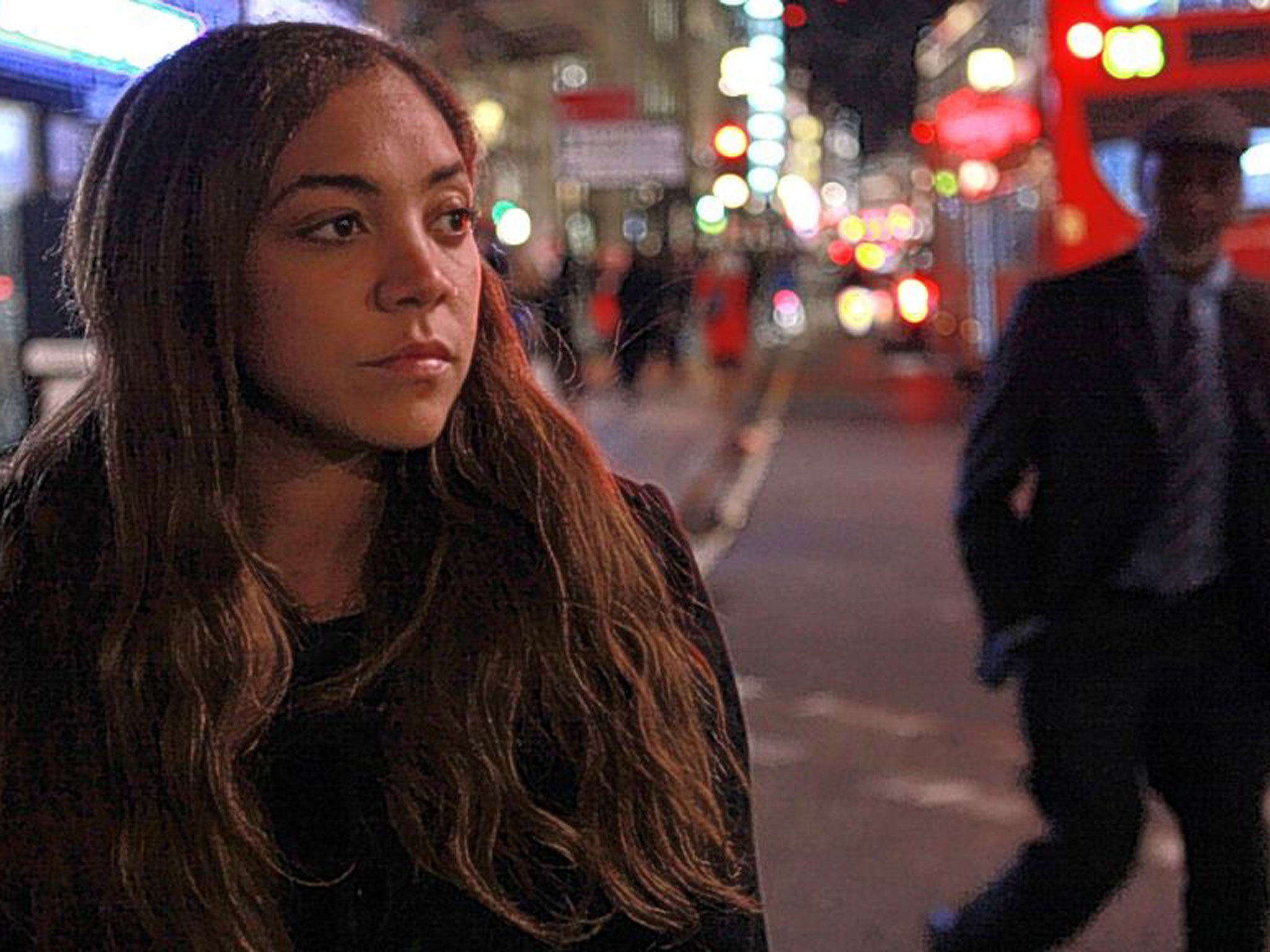Young, British and Broke, BBC3 - TV review
Miquita's right on the money as she gets to the bottom of bankrupt Britain

Your support helps us to tell the story
From reproductive rights to climate change to Big Tech, The Independent is on the ground when the story is developing. Whether it's investigating the financials of Elon Musk's pro-Trump PAC or producing our latest documentary, 'The A Word', which shines a light on the American women fighting for reproductive rights, we know how important it is to parse out the facts from the messaging.
At such a critical moment in US history, we need reporters on the ground. Your donation allows us to keep sending journalists to speak to both sides of the story.
The Independent is trusted by Americans across the entire political spectrum. And unlike many other quality news outlets, we choose not to lock Americans out of our reporting and analysis with paywalls. We believe quality journalism should be available to everyone, paid for by those who can afford it.
Your support makes all the difference.Payday loans, like energy bills, have become a mainstay topic in news and current affairs programmes. Commercials for Wonga.com, the Money Shop, QuickQuid and the like, seem to pop up in every ad break, and the Government has just introduced a new law to cap costs, but, as explored by Young, British and Broke (BBC3), most people still don't fully understand how these loans work, least of all the people who use them.
So who does use them? Presenter Miquita Oliver met a single mother from Swansea who wanted some extra money to fund her child's first Christmas, but quickly sunk so deep into debt she felt suicidal. There was Chris from the North-east, who turned to payday loans when illness meant he was unable to work. The rising cost of living, compounded by Government austerity, means people who to rely on welfare in tough times, must now borrow from private, sometimes unscrupulous companies to pay for basic necessities. For these people, payday loans aren't a good option, they're the only option.
Not everyone is spending their wonga on gas bills and food, however. Some of the most interesting interviews from last night were with people such as happy-go-lucky student Orlaith who's had 15 to 20 payday loans to finance her nights out and seems to thinks she's discovered a brilliant new get-rich-quick scheme. Miquita's jaw dropped at details of her profligacy: "Casino! Who's got money for a casino?!" But it's so easy, said Orlaith, with the iPhone app, she can have £500 in her account instantly, and who knows what "APR" means anyway? You wanted to reach into the television and confiscate her bank card, but she was the perfect illustration of the moral grey area around payday loans: when in comes to money management, where does corporate responsibility end and individual responsibility begin?
The T4 presenter and bankrupt Oliver might not seem the obvious choice to front a programme about responsible finance, but in fact she was rather good. In the wake of "the humbling", as she now refers to her experience of debt, she's well placed to empathise with her interviewees. The sneery Popworld presenting style is gone, replaced with a manner that's genuine and non-judgmental. If her music TV days are behind her, Young, British and Broke points the way to a comeback: bringing intelligent analysis to youth-orientated documentaries.
Join our commenting forum
Join thought-provoking conversations, follow other Independent readers and see their replies
Comments